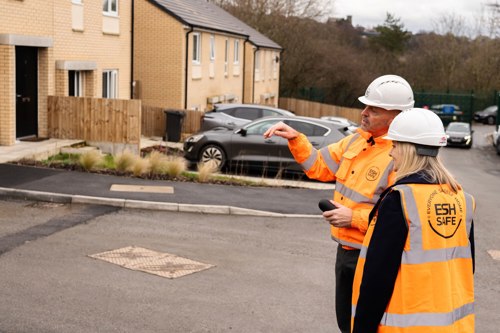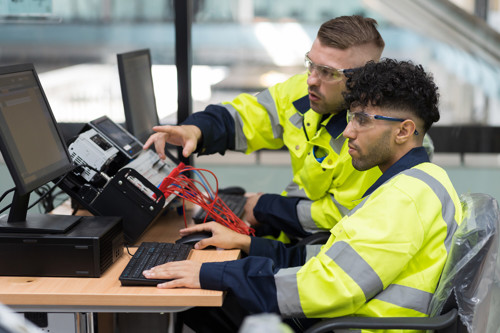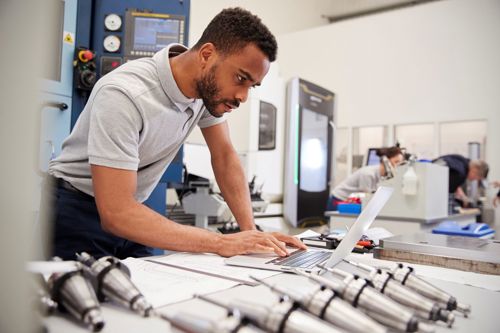 Some legal sector intelligent search systems can now outperform junior lawyers and paralegals; however, in finance, it’s much more difficult to automate audits/risk management.
Some legal sector intelligent search systems can now outperform junior lawyers and paralegals; however, in finance, it’s much more difficult to automate audits/risk management.
In the financial sector, it is expected that general accounting operations can be automated whereas algorithms can lead to faster and more efficient financial analysis and assessments.
Roles like project managers and management consultants will be difficult to automate because they require creativity, problem-solving and interpersonal skills.
In the legal sector, intelligent search systems are able to trawl through documents faster than any junior lawyer, but the ability to present to a room and be persuasive in a point is a human attribute that isn’t going to go out of fashion in a hurry.
Useful to know: Routine office tasks are being automated, but jobs like project managers need skills like problem solving and creativity which are difficult to automate.




 New technologies are changing the way that construction processes are carried out. In general, workers will need a higher level of skills, particularly in problem solving. New digital technologies, such as building information modelling (BIM), automated and robotic equipment and cloud-based collaboration tools are becoming more widespread.
New technologies are changing the way that construction processes are carried out. In general, workers will need a higher level of skills, particularly in problem solving. New digital technologies, such as building information modelling (BIM), automated and robotic equipment and cloud-based collaboration tools are becoming more widespread. Future algorithms will take on more coding tasks than humans, so you will need problem-solving, social and business skills as well as digital knowledge!
Future algorithms will take on more coding tasks than humans, so you will need problem-solving, social and business skills as well as digital knowledge! There will be fewer lower-skilled manual workers, but higher skilled managers, engineers and technicians to develop new products and processes.
There will be fewer lower-skilled manual workers, but higher skilled managers, engineers and technicians to develop new products and processes. Some legal sector intelligent search systems can now outperform junior lawyers and paralegals; however, in finance, it’s much more difficult to automate audits/risk management.
Some legal sector intelligent search systems can now outperform junior lawyers and paralegals; however, in finance, it’s much more difficult to automate audits/risk management. Robots are being used in surgery, to measure data and fight diseases. However, most jobs in health and care require human interaction skills making them difficult to automate.
Robots are being used in surgery, to measure data and fight diseases. However, most jobs in health and care require human interaction skills making them difficult to automate.




